We recently discussed leaders motivated by passion. Along with passion, a desire to achieve motivates a leader to a higher level of focus.
I have concluded that leaders with an achievement-motivated style (balanced by humility) have the most constructive approach to work. Typically, they do not waste time on projects or matters outside their vision. They determine what is important, that “something great,” and they seek to achieve it.
For more than twenty years, David C. McClelland and his associates at Harvard University studied people who had the urge to achieve.
McClelland’s research led him to believe that the need for achievement is a distinct human motive that can be distinguished from other needs. [His experiment involved asking participants] to throw rings over a peg from any distance they chose. Most people tended to throw at random—now close, now far away; but individuals with a high need for achievement seemed carefully to measure where they were most likely to get a sense of mastery—not too close to make the task ridiculously easy or too far away to make it impossible. They set moderately difficult but potentially achievable goals.
I’ve determined, based on our experience, that achievable goals are those with a 70 to 80 percent likelihood of success.
McClelland maintains [that]…achievement-motivated people are not gamblers. They prefer to work on a problem rather than leave the outcome to chance.… Achievement-motivated people take the middle ground, preferring a moderate degree of risk because they feel their efforts and abilities will probably influence the outcome. In business, this aggressive realism is the mark of the successful entrepreneur.…
You can read more from McClelland’s theory here.
Another characteristic of achievement-motivated people is that they seem to be more concerned with personal achievement than with the rewards of success. They do not reject rewards, but the rewards are not as essential as the accomplishment itself. They get a bigger “kick” out of winning or solving a difficult problem than they get from any money or praise they receive.
Ralph Waldo Emerson said, “The reward of a thing well done is to have done it.” Every January millions of people watch the Super Bowl. During the awards ceremony after the game, we see players with big smiles. What are they shouting about? Not about money or fame, but about the ring. Each player on the winning team gets a championship ring—a symbol of reaching the pinnacle of the sport. Nothing else compares to having that ring. It is proof of the ultimate achievement in football. That’s what motivates an achievement-oriented person.
Lastly, achievement-motivated people need feedback. They seek situations in which they get concrete feedback that they define as job-relevant. In other words, they want to know the score.
People with a high need for achievement get ahead because, as individuals, they are producers. They get things done.
Sometimes, however, when they are promoted, when their success depends not only on their own work but on the activities of others, they may become less effective. Since they are highly job-oriented and work to their capacity, they tend to expect others to do the same. As a result, they may lack the interpersonal skills (I refer to this as the encouragement or humility leadership style) and patience necessary for being effective managers of people who are not as achievement-motivated.


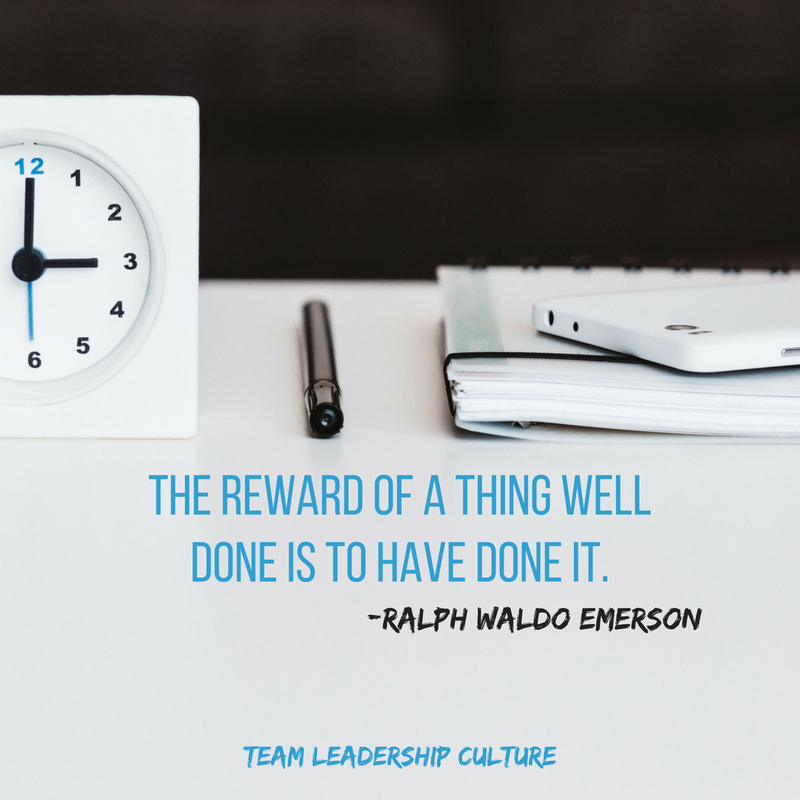







 Ron’s Short Review:
Ron’s Short Review: 


 Ron’s Short Review: Dean is probably the most humorist neuroscientist that you’ll meet or read. He has a great ability to make complex issues understandable and fun. His book really helps us understand why at times we do such crazy things driving by a supposedly rational brain. Good learning.
Ron’s Short Review: Dean is probably the most humorist neuroscientist that you’ll meet or read. He has a great ability to make complex issues understandable and fun. His book really helps us understand why at times we do such crazy things driving by a supposedly rational brain. Good learning.



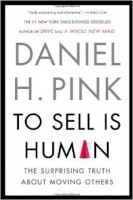
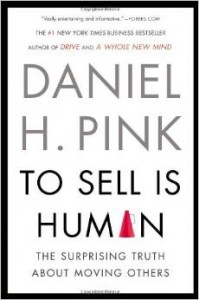 Ron’s Short Review: Pink’s third book that really helps us understand our own motives and approaches.
Ron’s Short Review: Pink’s third book that really helps us understand our own motives and approaches.
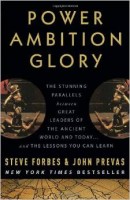
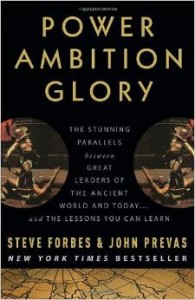 Ron’s Short Review: Tough slog of a book for me but some interesting parallels in history.
Ron’s Short Review: Tough slog of a book for me but some interesting parallels in history.
 Ron’s Short Review: I’ve been a big fan of Daniel Pink’s work. This one is about true motivation but I recommend all of his books.
Ron’s Short Review: I’ve been a big fan of Daniel Pink’s work. This one is about true motivation but I recommend all of his books.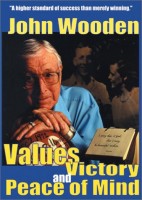
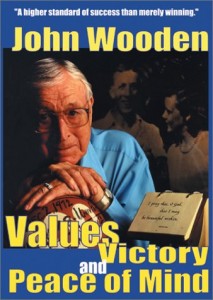 Ron’s Short Review: You’ll find love at the heart of great coach.
Ron’s Short Review: You’ll find love at the heart of great coach.